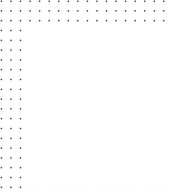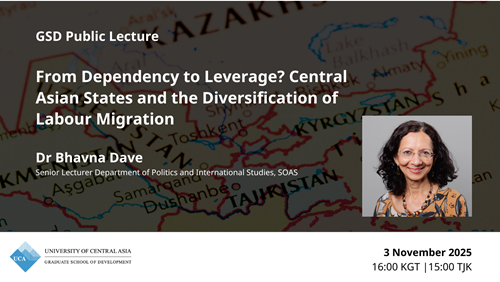
UCA Bishkek and online
Date
3 November 2025
Time
16:00 KGT |15:00 TJK
Abstract
While Russia remains the primary destination for labour migrants from Central Asia, its increasingly coercive and punitive migration regulations, have accelerated migrants' quest for alternative work destinations. The governments of Uzbekistan, Kyrgyzstan, and Tajikistan—the region’s main migrant-sending states - are instituting migration governance regimes to diversify migration trajectories beyond the post-Soviet space. Uzbekistan, with a population of 37 million, has taken a lead in creating governance structures and provisions to regulate and formalise labour emigration. These migration regimes rest on bilateral agreements and multilateral frameworks that recruit, train, and dispatch workers abroad for fixed terms, to ensure a stable flow of remittances, reduce the role of intermediaries, and provide pastoral care to safeguard migrants’ rights, security, and dignity.
The institutionalisation of migration governance in Uzbekistan, Kyrgyzstan, and Tajikistan is expanding migration infrastructures and generating new forms of leverage vis-à-vis receiving states. The lecturer deploys the notion of migration diplomacy to analyse how Central Asian states attempt to transform demographic surplus from a liability into a bargaining resource in interstate relations; and how laws, institutions, and bureaucratic procedures regulate and discipline labour export and also offer care and protection to migrants. In doing so, it highlights the tensions between control, commodification, and care that define contemporary migration governance in Central Asia.
Speaker: Dr Bhavna Dave, Senior Lecturer Department of Politics and International Studies, SOAS https://www.soas.ac.uk/about/bhavna-dave
Language: English
Venue: 2nd floor conference room, University of Central Asia, Bishkek, Kyrgyzstan
Join online: https://zoom.us/j/95874689493?pwd=CduRQqGJzQTa9UVfs3ePfN77hcNcpL.1
Contact: elnura.omurbekova@ucentralasia.org



